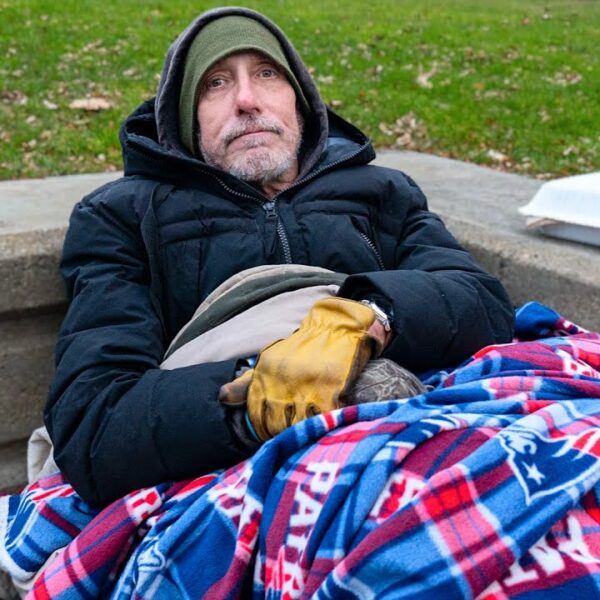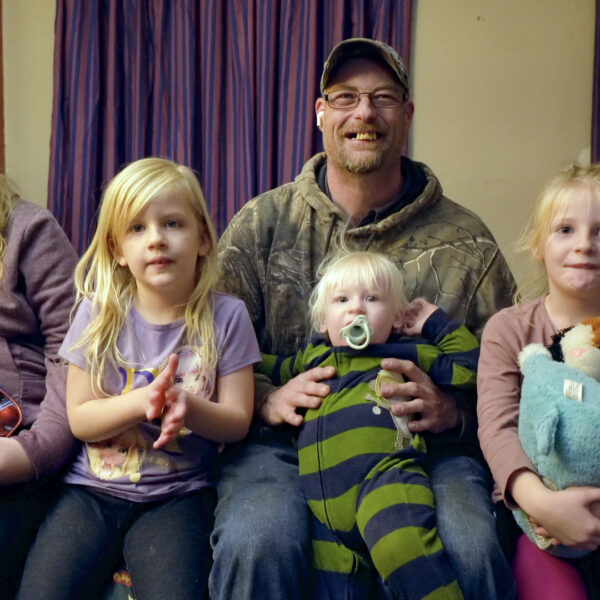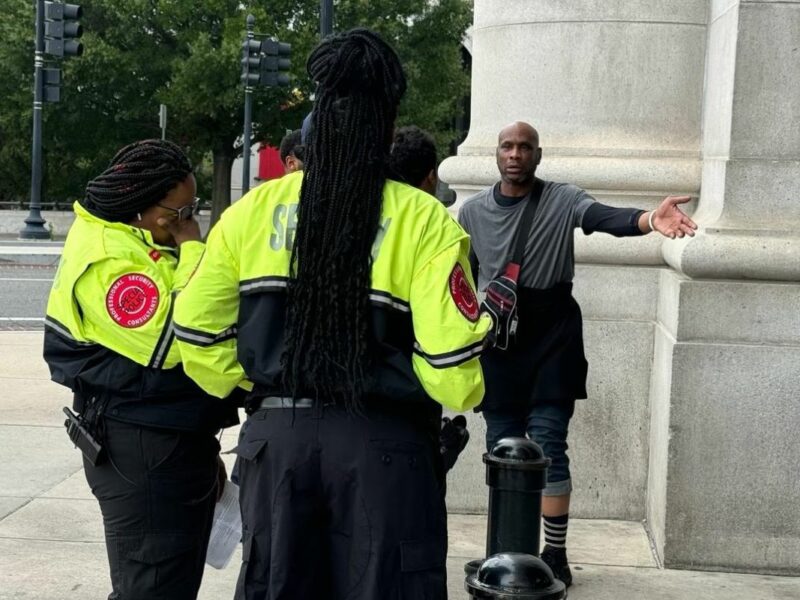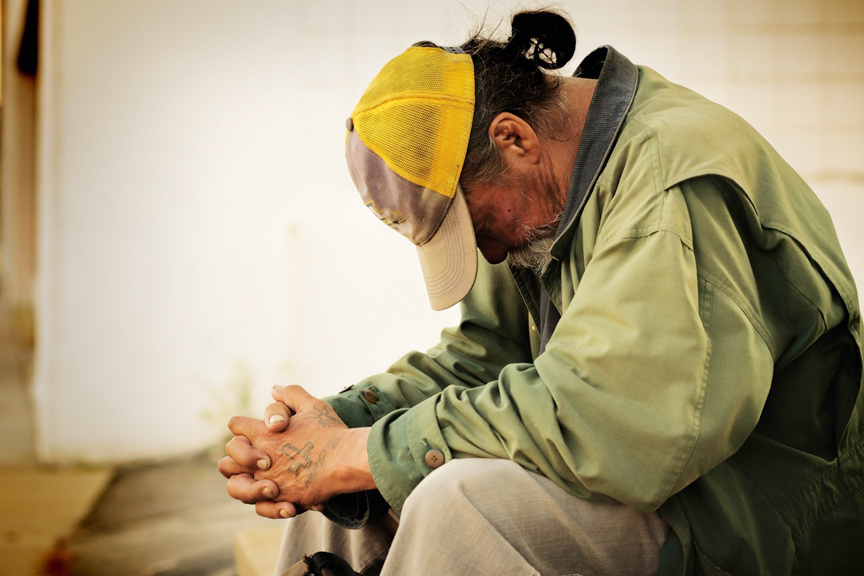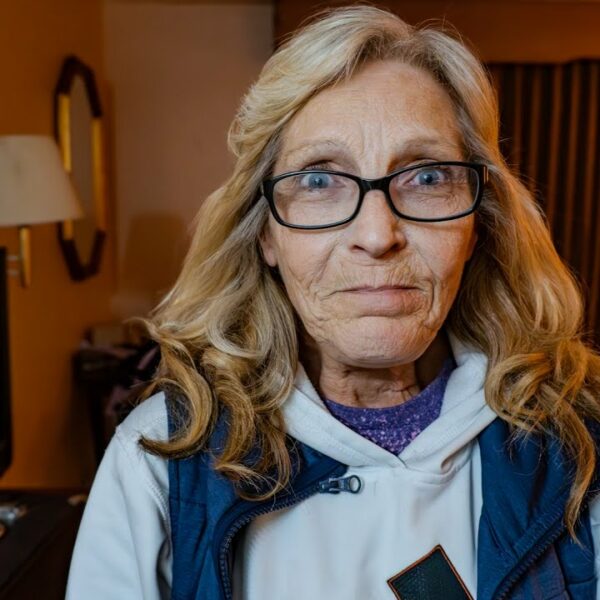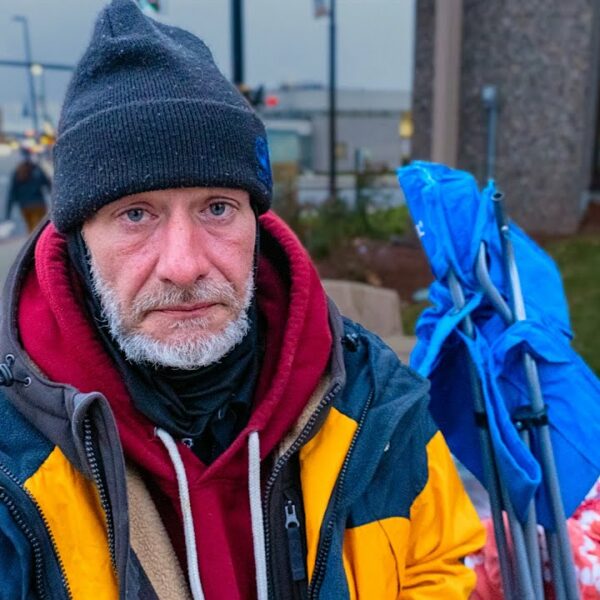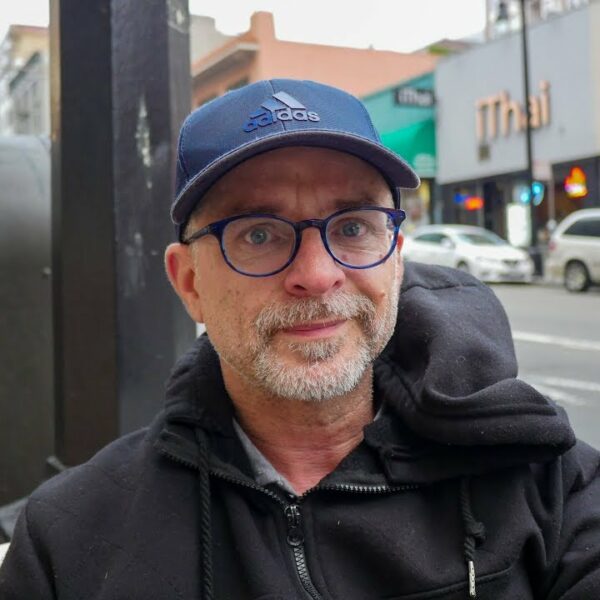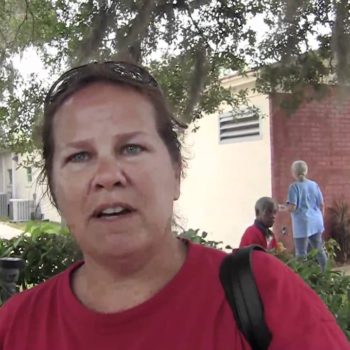As winter temperatures plunge across Northern New England, America’s working poor are forced to make tough choices.
For some, even holding down a job and stable income is not enough to sustain the comfort and security that so many of us take for granted.
Especially during the coldest and hardest months of the year, the homeless and marginally housed rely on community organizations such as Burlington, Vermont’s Committee on Temporary Shelter (C.O.T.S.)
Supporting Vermont’s Homeless and Marginally Housed Population
C.O.T.S. defines its mission as:
“In the value and dignity of every human life.
That housing is a fundamental human right.
That emergency shelter is not the solution to homelessness.”
Burlington is a beautiful and picturesque town known for the University of Vermont and the stunning Lake Champlain. In warmer months, it’s a paradise. But as winter sets in, survival becomes a challenge for even the heartiest of its citizens.
For many of the working poor, surviving the winter means spending the night at community resources such as the C.O.T.S. Waystation in downtown Burlington. Unable to safely sleep outside or in cars during the winter months, homeless workers rely on the stability a shelter is able to offer during the harshest time of year.
While working as a social worker with the Committee on Temporary Shelter in Burlington, I was able to witness first-hand the triumphs and tragedies at the center of life at one of the regions only community resources dedicated toward addressing homelessness.
There are as many as 1,225 homeless people on any night in the state of Vermont. In 2017, the United States Department of Housing and Urban Development found there were as many as 554,000 homeless people in the United States on any given night.
The Working Homeless
Though many imagine homeless individuals as being lazy, unmotivated and unwilling to work to better their position in life, I found this was very often untrue. The reality was many homeless individuals worked long and demanding jobs while still struggling to secure stable housing.
Men, women and families often find themselves homeless after falling on hard luck.
The working homeless are a demographic of American on the rise. Widespread economic prosperity places a heavy burden on rental markets. This pressure creates the perfect conditions for many to fall through the cracks, despite holding down steady jobs.
For Rick, 56, of Burlington, homelessness came about amidst a perfect storm of addiction and mental disease.
A United States veteran suffering from PTSD due to his experiences in the Marine Corp, Rick turned to alcohol to try to quiet the visions of trauma, which he struggled with for more than 30 years. After being charged with a DUI and losing his license, Rick was unable to continue working as a welder in nearby Saint Albans.
Struggling to make ends meet, Rick found himself sleeping in his car while looking for work. Today, employed as a dishwasher and maintenance man, Rick is grateful for what C.O.T.S. has been able to offer him.
By staying overnight at C.O.T.S., Rick is able to maintain employment and save the money he needs to again live on his own.
For most working poor like Rick, staying in a homeless shelter is not a long term solution but a vital community support that helps individuals and families to survive the storms of life without losing it all.
Karen Lost Everything
Karen, 45 of Montpelier, was someone who knew a great deal about what it meant to lose everything. A former teacher and volunteer firefighter, Karen’s life turned upside down when she was involved in a fatal accident.
Unable to pay for the mounting legal fees as a result of her accident, Karen quickly found herself behind on rent and struggling to maintain housing. When news of the accident reached her employer, the school system was forced to let Karen go.
Now without a job, mounting legal fees and the cold, blustery winds of winter making sleeping in her car impossible, Karen sleeps at the C.O.T.S. waystation. Soon, thanks to the security that the shelter has been able to offer her, Karen is able to find work as bookkeeper and waitress.
Thanks to C.O.T.S., Karen was able to find work and stability needed to put her life back in order.
Across Vermont, the working poor struggle to hold onto the stability and security so many take for granted. They are not lazy, unmotivated or unwilling to work to better their position in life.
In many cases, they are our neighbors, friends, and colleagues.
They are people we see every day, people we know.
They are normal people, just like us, who have fallen on hard times. These individuals rely on community resources such as homeless shelters, drop-in centers, and food banks.
Without these resources, they would not be able to survive.
Mahatma Gandhi said: “A nation’s greatness is measured by how it treats its weakest members.”
And so it is.
Our greatness comes not from our economic or military might but from the depth of our compassion and willingness to preserve life.
Homeless Shelters Help Strengthen Communities
Across the United States, social service providers like C.O.T.S. struggle to secure funding needed to support their local communities.
That is why it is so important to tell their stories. We need to raise awareness around the valuable work they are doing to improve lives on a local, state and national level.
Homelessness is a pervasive problem that ruins lives and degrades communities. Addressing this issue takes a holistic, community-wide response.
Vermont’s working poor, homeless and marginally housed communities are lucky to have a vital community resource such as C.O.T.S.



